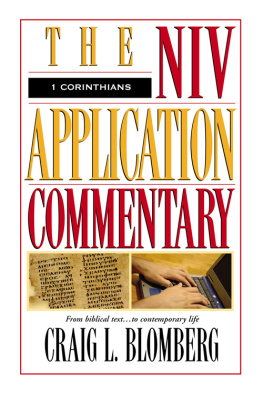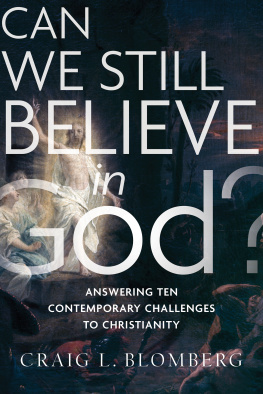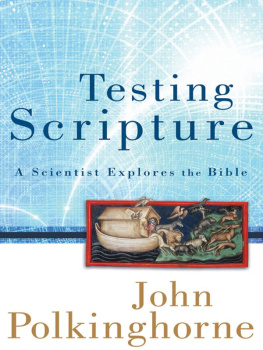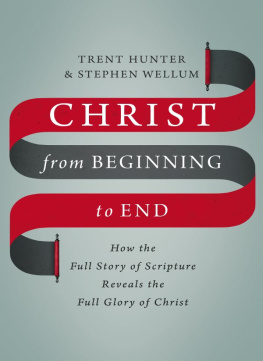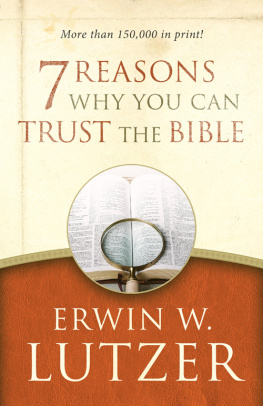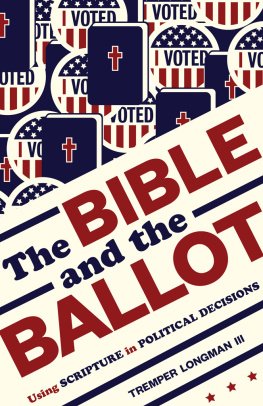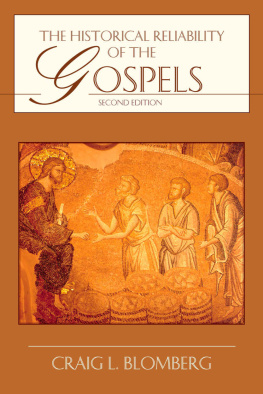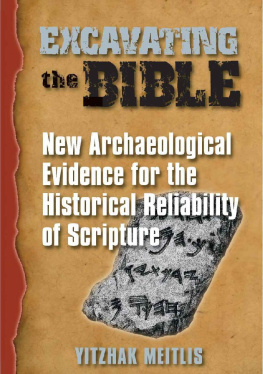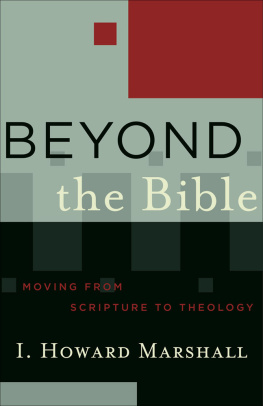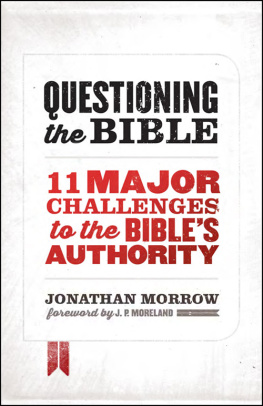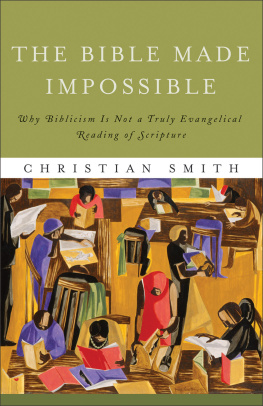*fig
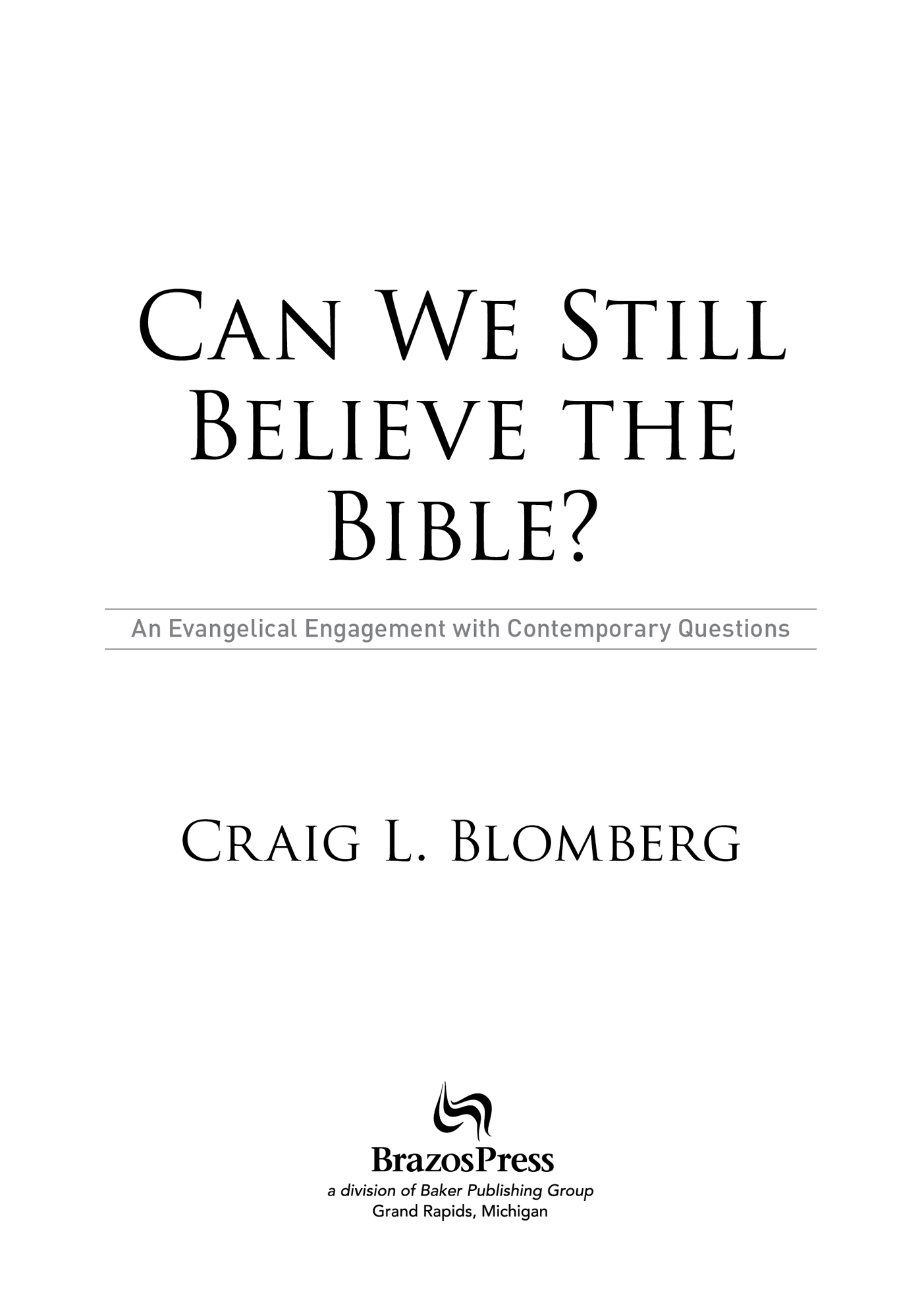
2014 by Craig L. Blomberg
Published by Brazos Press
a division of Baker Publishing Group
P.O. Box 6287, Grand Rapids, MI 495166287
www . brazospress .com
Ebook edition created 2014
All rights reserved. No part of this publication may be reproduced, stored in a retrieval system, or transmitted in any form or by any meansfor example, electronic, photocopy, recordingwithout the prior written permission of the publisher. The only exception is brief quotations in printed reviews.
Library of Congress Cataloging-in-Publication Data is on file at the Library of Congress, Washington, DC.
ISBN 978-1-4412-4564-9
Unless otherwise indicated, Scripture quotations are from the Holy Bible, New International Version. NIV. Copyright 1973, 1978, 1984, 2011 by Biblica, Inc. Used by permission of Zondervan. All rights reserved worldwide. www.zondervan.com
Scripture quotations labeled ESV are from The Holy Bible, English Standard Version (ESV), copyright 2001 by Crossway, a publishing ministry of Good News Publishers. Used by permission. All rights reserved. ESV Text Edition: 2007
To the faculty, administration, and trustees of Denver Seminary, who from 1986 to the present have created as congenial a research environment as a professor could hope for, upholding the inerrancy of Scripture without any of the watchdog mentality that plagues so many evangelical institutions
Contents
Cover
Title Page
Copyright Page
Dedication
Preface
Abbreviations
Introduction
1. Arent the Copies of the Bible Hopelessly Corrupt?
2. Wasnt the Selection of Books for the Canon Just Political?
3. Can We Trust Any of Our Translations of the Bible?
4. Dont These Issues Rule Out Biblical Inerrancy?
5. Arent Several Narrative Genres of the Bible Unhistorical?
6. Dont All the Miracles Make the Bible Mythical?
Conclusion
Notes
Scripture Index
Subject Index
Back Cover
Preface
I wrote this book sooner than I had planned. I typically have multiple writing projects to which I have committedlined up like airplanes on a runway, waiting to take off. I arrange them chronologically, according to their due dates. When one is finished, I proceed to the next. Of course, there is inevitably some overlap in projects here and there, but I really dislike being late on anything.
Finishing this book at this time, however, has meant pushing some other things back that I thought I would be working on by now. Publishers have been gracious enough to allow me to extend some deadlines. Like the prophet Jeremiah, with fire in his bones preventing him from being silent (Jer. 20:9), I had to speak. The reliability of Scripture is the topic that first catapulted me into biblical scholarship; I would not be surprised if it turns out to be the last thing I am studying academically whenever the Lord decides I am writing my last work. It is the topic on which I am most often invited to speak, and the need is decidedly urgent. In the nonrefereed world of the internet, so much gibberish masquerades as truth, confusing or misleading web-surfers daily. In the refereed world of academic publishing, too frequently publishers are more interested in cents than in sensibility, so that they intentionally publish books with dramatically conflicting viewpoints on the same issue, knowing that each work will have a separate market and generate more income than either work would by itself. Unfortunately, Christian publishers are not exempt from this temptation. Readers, therefore, need help in weaving their way through the maze of competing claims.
Few academic disciplines yield a greater diversity of perspectives than biblical studies. In some ways this is a backhanded compliment to the Christian Scriptures. If correctly understanding them and evaluating their claims were not of monumental importance for each person on the planet, there would be far fewer scholars either attacking and trying to debunk them or supporting and trying to defend them. There would also be fewer subdivisions within each of these two categories of scholarship, where writers debate the correct way to critique and dismiss the Bible or to interpret and apply it in our contemporary world.
This book does not pretend to have discovered some new breakthrough that will make the media swarm to examine its novel claims. It does represent perspectives that are widely held in mainstream evangelical circles, even though evangelicalism itself is fragmented into numerous subgroups, so we dare not claim more consensus than exists. This book does not follow the trend in certain circles of lobbying for the acceptance of more of the methods and conclusions of the critical establishment, represented by many in organizations such as the Society of Biblical Literature and the American Academy of Religion. But it also refuses to try to turn back the clock and retreat to the mythical good old days by disregarding genuine advances in biblical studies and censuring those who accept them.
I wish to thank my research assistants over the past two academic years, Luke Hoselton and Emily Gill, for their superb work in helping me with this project. I owe a debt of gratitude to all of the people and organizations who over the years have invited me to speak on the topics addressed in this book at conferences, churches, campus outreach events, retreats, and the like. All these people have considerably improved my awareness of the questions our culture is most asking and the most common misconceptions they have about the answers to those questionsin terms of both what we do know and what we do not yet know. As I complete my twenty-eighth year of teaching at Denver Seminary, I am profoundly grateful for the numerous colleagues, staff, students, trustees, and other members of our constituency who have encouraged me in my work and enabled it to flourish. Years ago our late chancellor, Dr. Vernon Grounds, penned the statement that is now inscribed in our student center named after him and his wife, Ann: Here is no unanchored liberalismfreedom to think without commitment. Here is no encrusted dogmatismcommitment without freedom to think. Here is a vibrant evangelicalismcommitment with freedom to think within the limits laid down in Scripture. Having discussed my perspectives on several of the issues treated in this book with Vernon over the years, I think that he would be pleased with this offering as in keeping with the spirit that he so deeply engraved on Denver Seminary during the fifty-nine years (19512010) he was a part of it. In any event, I dedicate this book to all of the wonderful people I have been associated with here at the seminary since my arrival in 1986.
Abbreviations
Bibliographic and General
| AB | Anchor Bible |
| AD | anno Domini , in the year of the Lord |
| ad loc. | ad locum , at the place discussed |
| Alex. | Plutarch, Alexander |
| Anab. | Arrian, Anabasis |
| Ant. | Josephus, Jewish Antiquities |
| AOTC | Apollos Old Testament Commentary |
| ASV | American Standard Version |
| b. | Babylonian Talmud |
| B | Codex Vaticanus |
| BC | before Christ |
| BCOTWP | Baker Commentary on the Old Testament Wisdom and Psalms |
| BECNT | Baker Exegetical Commentary on the New Testament |
| BSC | Bible Students Commentary |
| CBMW | Council on Biblical Manhood and Womanhood |


